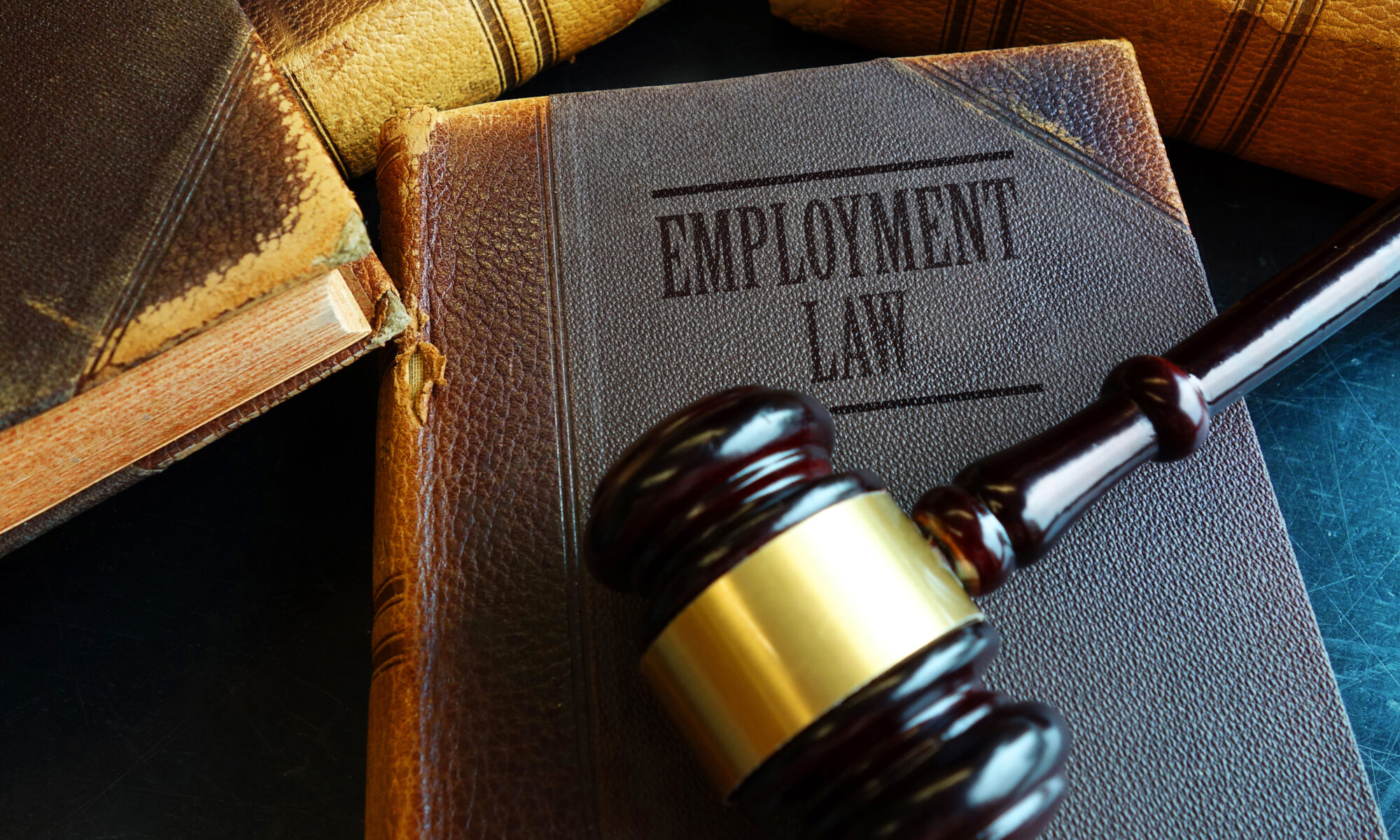Retaliation Verdict In Favor Of Employee Reversed Where Trial Court Allowed Into Evidence Actions That The Employer Took Before The Plaintiff Engaged In The Protected Activity
Kourounian v. California Department of Tax and Fee Administration, 2023 WL 3612540 (2023)
Rafi Kourounian obtained a $425,562 jury verdict in his favor on his claim that the California Department of Tax and Fee Administration retaliated against him for filing an internal complaint with its Equal Opportunity Office (EEO). The Department appealed, contending that the trial court erred in admitting evidence of allegedly retaliatory conduct, which pre-dated the filing of his internal complaint. The Court of Appeal reversed, holding that the trial court erred in admitting evidence about activity that occurred before the filing of his EEO complaints:
As a matter of both logic and law, acts of retaliation must occur after the protected activity. To establish a prima facie case of retaliation, a plaintiff must show that she engaged in protected activity, that she was thereafter subjected to adverse employment action by her employer, and there was a causal link between the two. Because retaliation under FEHA requires the plaintiff to show that the employer was motivated to retaliate by the plaintiff’s protected activity, actions the employer took before the plaintiff engaged in the protected activity necessarily are irrelevant.
Kourounian v. California Department of Tax and Fee Administration, 2023 WL 3612540 * 8 (2023)(cleaned up).
The Court of Appeal also held that the trial court should not have admitted the plaintiff’s EEO complaint because it was hearsay:
Hearsay may be briefly understood as an out-of-court statement offered for the truth of its content. Evidence Code section 1200, subdivision (a) formally defines hearsay as evidence of a statement that was made other than by a witness while testifying at the hearing and that is offered to prove the truth of the matter stated. A ‘statement’ is oral or written verbal expression or the nonverbal conduct of a person intended by him as a substitute for oral or written verbal expression. Documents like letters, reports, and memoranda are often hearsay because they are prepared by a person outside the courtroom and are usually offered to prove the truth of the information they contain. Documents may also contain multiple levels of hearsay. An emergency room report, for example, may record the observations made by the writer, along with statements made by the patient. If offered for its truth, the report itself is a hearsay statement made by the person who wrote it. Statements of others, related by the report writer, are a second level of hearsay. Multiple hearsay may not be admitted unless there is an exception for each level.
There is no doubt that the EEO complaints were prepared outside the courtroom. Thus, like an emergency room report, Kourounian’s written complaints, if offered for its truth, is a hearsay statement made by Kourounian, the person who wrote it.
The fact that Kourounian was available for cross-examination does not transform his statements in the complaints into non-hearsay or provide an exception to the hearsay rule. Hearsay is generally excluded because the out-of-court declarant is not under oath and cannot be cross-examined to test perception, memory, clarity of expression, and veracity and because the jury (or other trier of fact) is unable to observe the declarant’s demeanor. To challenge a testifying witness’s own prior, out-of-court statement as inadmissible hearsay is unusual, but we agree with the defendant that the testifying witness’s own statement to his wife constituted hearsay evidence, for it was an out-of-court statement that was offered for its truth. We are not free to disregard this holding by the Supreme Court and contrary to Kourounian’s claim, neither was the trial court.
The fact that Kourounian is a party, not merely a witness, does not make his out-of-court statements admissible. The Evidence Code provides only limited exceptions to the hearsay rule for the out-of-court statements of a party, and Kourounian has not identified any of them as applicable.
Finally, by way of analogy, federal caselaw is abundant that EEOC charges are inadmissible hearsay, as is the narrative attached to the charge.
Kourounian v. California Department of Tax and Fee Administration, 2023 WL 3612540 * 9 (2023)(cleaned up).

